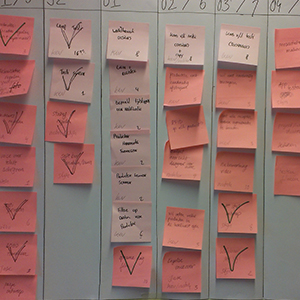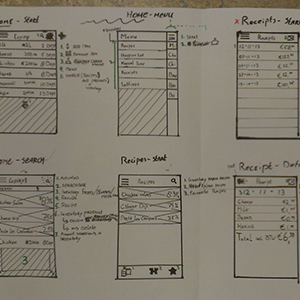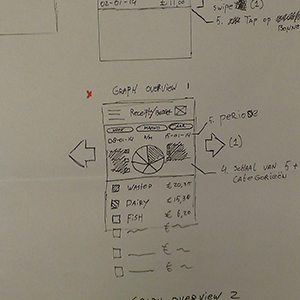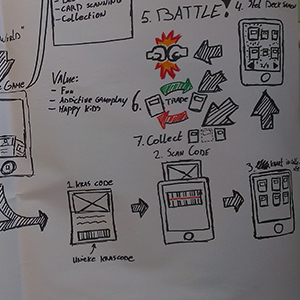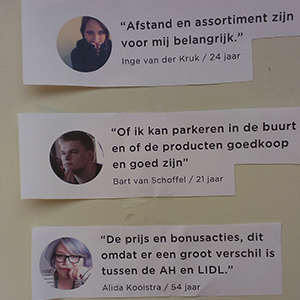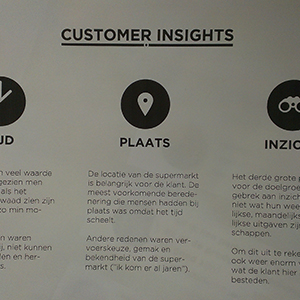Introduction
We were asked by Icemobile to come up with a solution to improve the shopping experience while increasing the customer loyalty to certain retailers. It had to be a digital product. That made it a challenging position to be in, which we liked very much. The biggest problem to overcome was the actual target group. Because if you think about it, almost everybody goes to the supermarket. Young, old, single, married, families, well, you get the picture.
We started out with investigating what drives people to do grocery shopping and try to understand the problems which they might have. But above all, we wanted to know what made them loyal to a certain supermarket.
